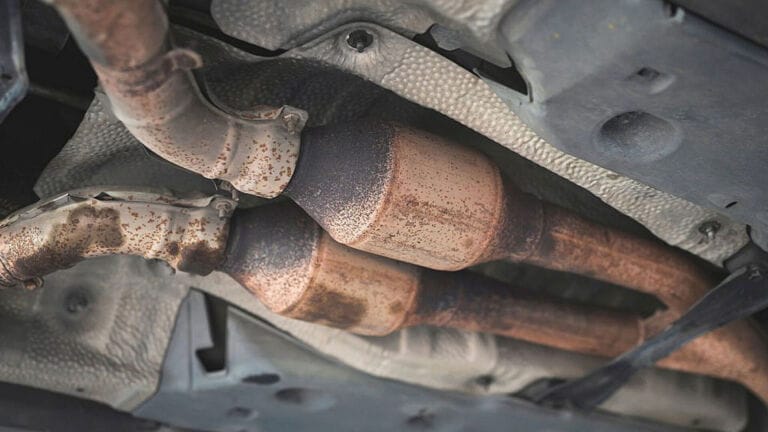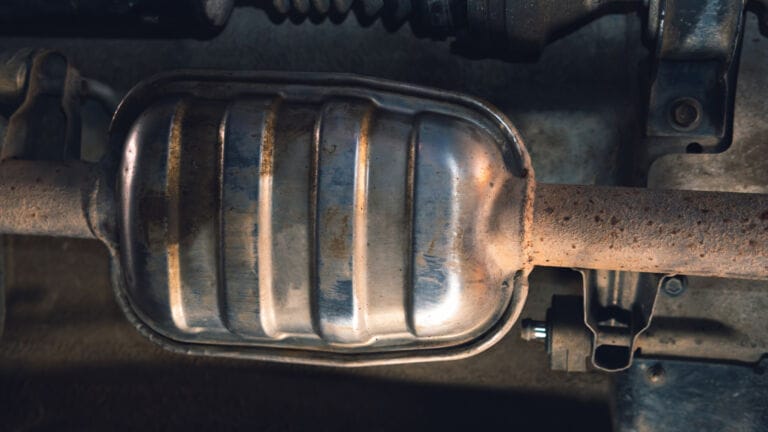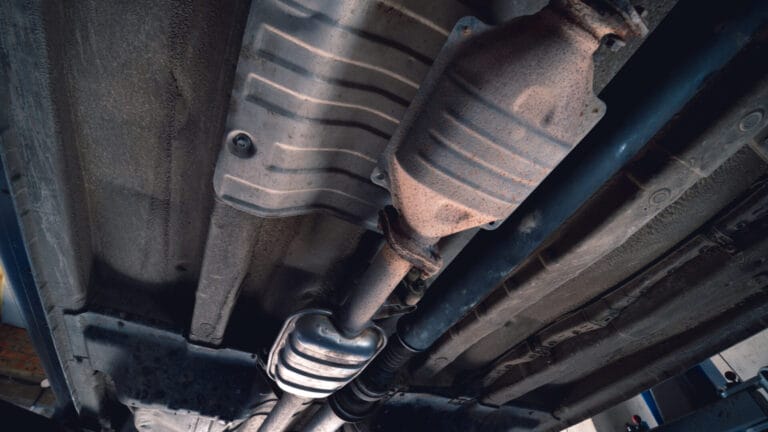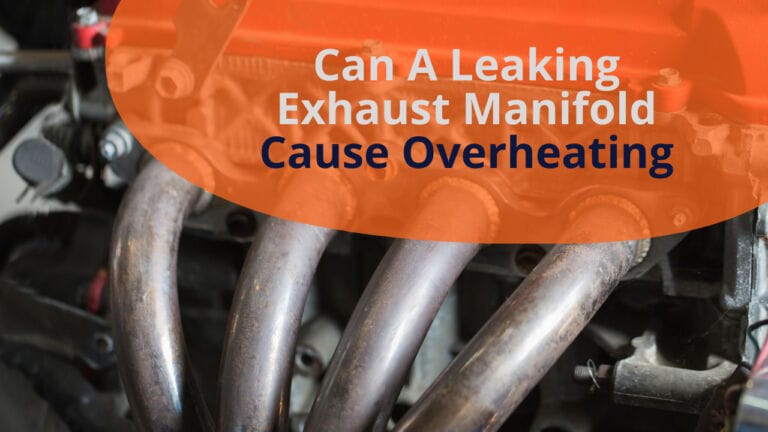What Happens If Your Battery Disconnects While Driving: Everything You Need To Know!
Your car battery’s primary function is to provide power for starting the engine. It also supplies power for short-term use of things like the stereo and lights. Looking at the various functions it performs, you might wonder, what happens if your battery disconnects while driving?
With most vehicles, the engine will continue to run once the battery disconnects while driving. However, your car’s electrical components may suffer damage, and the battery light illuminates. In addition, you could experience power loss, electric power steering problems, and memory loss.
So, what exactly causes the battery to disconnect as you drive, and what should you do when it happens?
Stay here to find out.
What Happens If Your Battery Disconnects While Driving?
Your car will continue to move as long as the alternator is in perfect condition. This is because once started, vehicles can run without a battery. The alternator usually takes over the task of powering everything in the car.
However, while your car will continue to move after the battery disconnects, you cannot restart it after you turn off the engine. With that said, several other things could happen due to the disconnection while driving. But this is only if the alternator is faulty or failing.
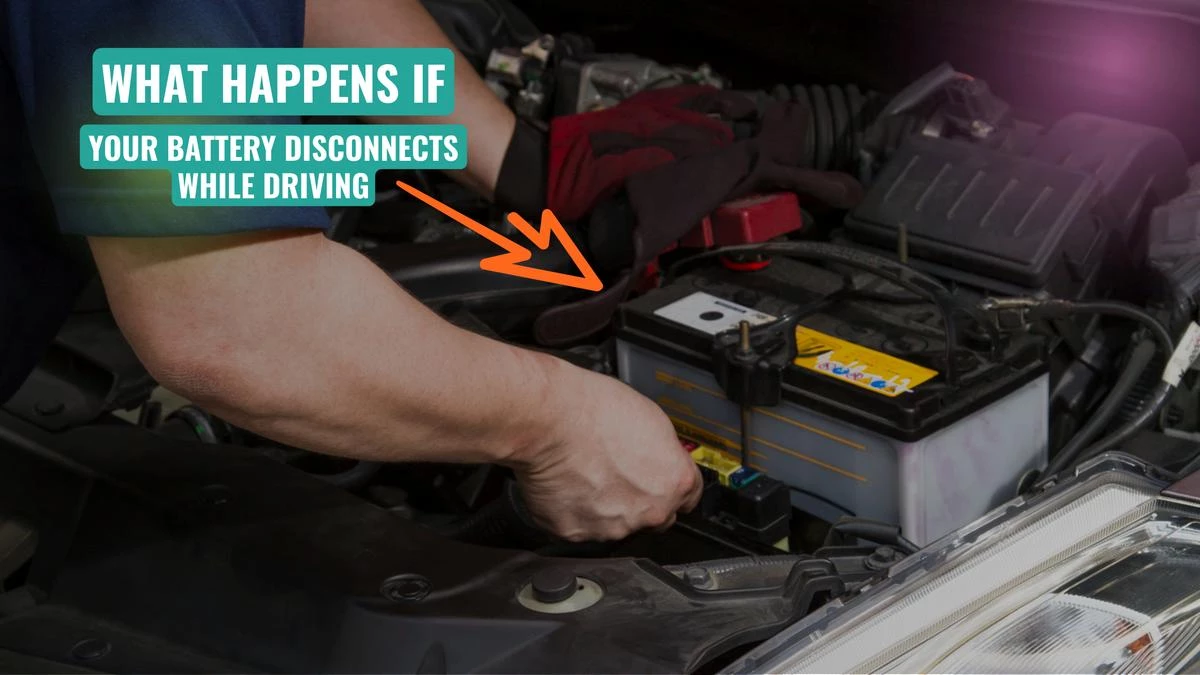
Because if the alternator is not working and the battery is disconnected, your car will not have electric power to continue running. One of the things that could cause the alternator to fail is the battery disconnecting suddenly, causing a sudden voltage spike. This is likely to happen when you run the car at high speeds. So, with the alternator damaged and the battery disconnected, the following things will happen:
1. Damage to Electrical Components
If the battery disconnects suddenly while you are driving, several electrical components can get damaged apart from the alternator. This is because these components require a stable voltage to function optimally.
The sudden voltage surges can affect various fuses and sensors, causing them to malfunction. Some sensors that could be damaged include the oxygen and throttle position sensor (TPS).
2. Power Loss
Another thing you could experience is loss of electrical power if the alternator is also affected by the battery disconnection. When this happens, components like the power locks, sunroof, power windows, and radio could stop working. The lights will also go out or dim if they are on.
In addition, the electric power steering (EPS) could also be affected by the power loss, making it hard to steer. Eventually, the engine could die, causing your car to stall.
3. Memory Loss
When the battery disconnects, this can reset your vehicle’s onboard computer, erasing crucial data in the PCM. This occurs when the alternator does not supply the PCM with enough power.
When this happens, the powertrain control module (PCM) will forget its adaptive memory settings, including various adjustments for control functions. It will also erase diagnostic information or error codes that could be useful for pinpointing mechanical issues.
Causes of a Battery Disconnecting While Driving
It is not common for a battery to disconnect while you are driving. However, when it happens, the following may be the causes:
● Corroded Battery Terminals
Sometimes, sulfuric acid in the battery fluid can leak and touch the terminals, causing corrosion. Typically, corroded terminals have a flaky layer of green, white, or brown discoloration. Over time, this build-up can interrupt the battery connection while driving.
Here is what corroded terminals look like:

● Loose Cables
Besides corrosion, loose cables can cause the battery to disconnect when driving. Generally, battery cables will become loose due to vehicle vibrations.
● Frayed or Damaged Cables
Battery cables can be damaged by corrosion and even rodents. If the fraying occurs where the cables connect to the terminals, the battery could suddenly disconnect as you drive.
How to Understand the Battery Is Disconnected While Driving?
If the battery disconnects while you are driving, you will get the battery warning light on your dashboard. The check engine light could also illuminate. Additionally, you could experience a sudden or complete loss of power, especially if the issue also affects the alternator. When this happens, the dashboard will stop lighting up, the interior lights will also turn off, and the engine will stall.
But before your car loses complete power, you will notice the headlights and taillights dimming or flickering. In addition, you could experience rough idling and audio loss if your car’s audio system is on.
Steps to Take If Your Battery Disconnects While Driving
Regardless of the cause of the battery disconnecting while driving, here are steps to take:
Step 1: Don’t Panic
Stay calm and focused because panicking is likely to make the situation worse.
Step 2: Switch Off High-use Components
Turn off components like the AC system and stereo speakers. These units can drain the power generated by the alternator, causing your car to stall.
Step 3: Pull Over
Next, find a safe spot and pull over your car to the shoulder of the road. This is because sudden voltage spikes can damage various electrical components. Alternatively, if there is a repair shop nearby, you can continue driving carefully since the engine will keep running.
Step 4: Turn the Emergency Flashers On
If you decide to pull over by the roadside, turn off the engine. Then, turn on the emergency flashers or warning lights. This way, other drivers will know your car has a problem.
Step 5: Check the Battery Cables and Terminals
Next, examine the battery cables for corrosion, damage, or loose connection. If they are wobbly, you can retighten them using a wrench or vise pliers and restart your car. However, if damaged or corroded, you should take the car to a repair shop.
Step 6: Call for Help
If you cannot fix the battery problem yourself, ask for help. You can contact a mechanic, roadside assistance, or tow services.
Tips to Prevent Battery From Disconnecting While Driving
Although it is not entirely possible to prevent a battery disconnection problem while driving, you can minimize the risk. Here are tips to help you.
● Inspect the battery terminals regularly and clean any corrosion build-up.
● Always ensure the battery is properly installed in the battery tray using the right hold-down hardware.
● Use locking hardware or clamps to keep the cable connections secured to the battery terminals. This helps keep them from coming loose due to vibrations.
● Inspect and replace any damaged or worn battery terminals and cables as often as possible.
● Be careful when driving on bumpy or rough road surfaces because excessive vibrations can loosen the battery connections.
● Disconnect the battery and store it out of the car in a secure place when not using your vehicle for a long time. This will help extend its lifespan.
FAQs
In this section, we will respond to commonly asked questions about what occurs if your battery disconnects when driving.
How often do I replace the battery to prevent it from disconnecting while driving?
Generally, experts recommend replacing your car battery after 3 years. This is because, after 4 or 5 years, most car batteries are usually unreliable. And when the battery becomes old, it can present several problems.
Will reconnecting the battery solve the problem?
No. However, it could restore the electrical power temporarily. You can only solve the problem by fixing the root cause of the disconnect. This could involve cleaning the corrosion on the terminals, replacing the damaged cables, or retightening any loose connections.
Is it safe to continue driving after the battery disconnects?
While your car will continue to move, it is generally unsafe to keep driving, especially for an extended period. This is because specific electrical components could get damaged, and your car would stall due to power loss.
Conclusion
The battery is the powerhouse of your car. Without it, the engine cannot start. However, if it disconnects while you are driving, most vehicles will still move. This is thanks to the alternator, which provides electricity to the car.
That said, a battery disconnecting while you are driving is never a good thing. This is because it can lead to many consequences, which can be expensive to repair in the long run. The good news is that with a professional mechanic’s help, you can have the problem fixed in no time.

